Türkiye is a Balkan country and as such an inseparable part of Europe, but it also extends to Asia through the South Caucuses at the easternmost of Europe and westernmost of Asia, therefore straddling both continents. It is on its way to becoming the hub for the connectivity and conduit of Eurasia in line with its historical, traditional geographic, and geopolitical position. Revival of the historical Silk Road with the “Middle Corridor”, complementing it also with the “Development Road” that would enable the sea connection constitute the befitting infrastructure. This hub including roads, railroads, sea routes, and energy lines is a testament to the historical and traditional function of the Anatolian geography, reflected by the double headed eagle, one looking to the East, the other to the West, state symbols of the Byzantine Empire as well as the Selchuk Empire.
The year 2024 has not been an easy one. Türkiye has felt the globally disrupting developments near at home, virtually encircled by a ring of fire. To its north, the country is confronted with the Russian-Ukrainian war and security issues in the Black Sea. To its south, there are the conflicts between Israel-Palestine and Israel-Hezbollah in Lebanon, the regime change in Syria and the uncertainties it portends, and a hot bed of terrorism along its southern border. At its east, the cease-fire agreement between Azerbaijan-Armenia has not been finalized through the conclusion of a peace agreement, and there are developments concerning Georgia and Iran. Finally, at its west, the USA is militarizing the de facto designed eastern boundaries of the European Union with the accession of Bulgaria and Romania in 2007, raising an Eastern Mediterranean problem, which completes the circle.
Türkiye’s relations with the European Union, although officially a negotiating candidate, has become distant and on a transactional basis since the acceptance of the Greek Cypriot Administration of Southern Cyprus as a full-fledged member representing the whole of the island in 2004, in violation of international agreements and Union’s own principles. Hence, Türkiye needs to be strong to be able to balance its relations with the EU, which relates to the degree it can solidify its ties in Eurasia and develop its solidarity with the Global South. Deepening relations within the Organization of Turkic States, contacts with the BRICS, ties with the Shanghai Cooperation Organization, the unfolding and enlargement of the D-8 Group have signaled developments to this end.
Reckoning Türkiye as a conduit and availability for integration between the West and the East with Its flanks of the Balkans and the Caucuses, our Center (AVIM) prepares a bilingual, Turkish and English, online “Daily Bulletin” five working days of the week to reflect the unique location and potential of Türkiye. It includes, next to the news, commentaries, analyses, and research by our analysts, experts, scholars in residence as well as academic and student interns.
AVİM continues to publish uninterruptedly four periodical journals. Ermeni Araştırmaları in Turkish is published twice a year and has reached its 76th issue. Review of Armenian Studies is a distinct journal in English that also appears twice a year that has reached its 50th jubilee issue. International Crimes and History is published annually with articles both in Turkish and English, having reached its 25th issue. The fourth journal, Eurasian World, published twice a year, has reached its 15th issue. Addressing the general public, it covers contemporary issues and regional developments.
AVİM organizes numerous conferences on contemporary and regional issues. Monthly conferences are held on developments in Armenia and Armenian narrative, institutionalized as “Ömer Engin Lütem Lectures” from 2018 onwards in memory of the founder and later Honorary Chairman of AVİM. This year we have hosted ten distinguished speakers. Such speakers’ presentations are compiled and published in book format at the end of each year. Book presentations and panel discussions with the participation of international partners, in collaboration with sponsoring institutions, are also among our activities. There are also partnership programs with think-tanks of the region with online discussions and exchange of views.
The Center for Eurasian Studies (AVİM), an independent and non-profit think-tank has been carrying this voluminous work with the meticulous and often self-sacrificing work of a limited number of staff. As AVİM, we would like to express our thanks and gratitude to all who have shown interest in and given support to our work and activities.
© 2009-2025 Center for Eurasian Studies (AVİM) All Rights Reserved

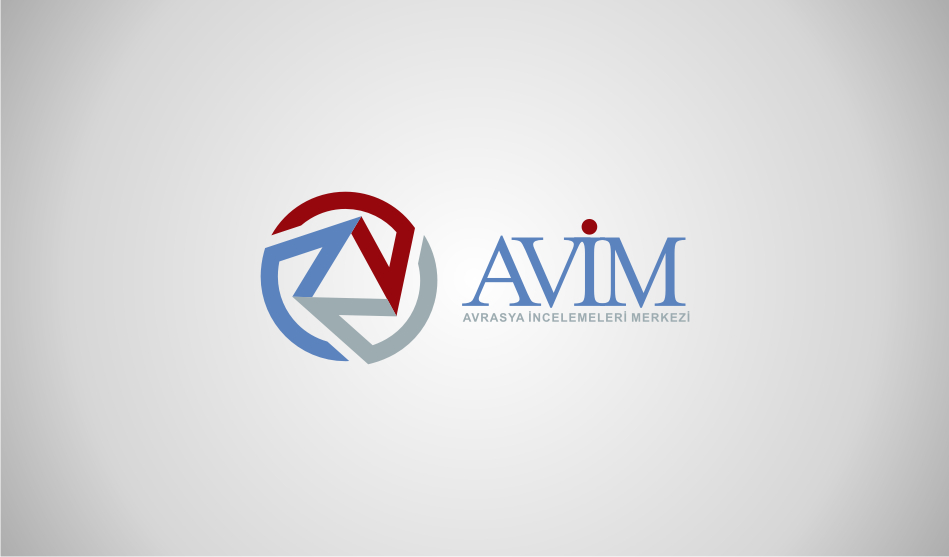 INCOHORENCE OF THE WEST: ASSERTING A CLAIM OF GENOCIDE WITHOUT QUESTIONING THEMSELVES
INCOHORENCE OF THE WEST: ASSERTING A CLAIM OF GENOCIDE WITHOUT QUESTIONING THEMSELVES
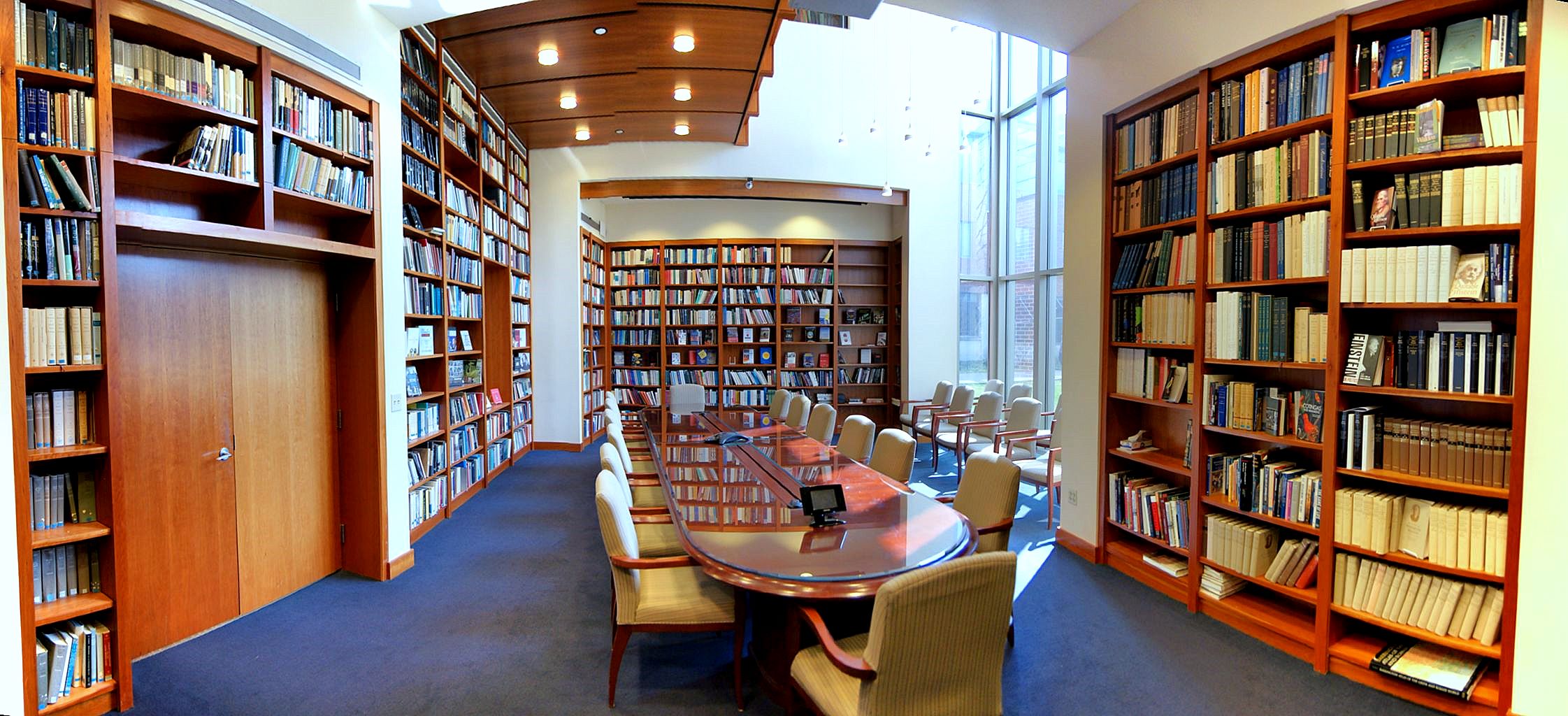 DISTURBING PUBLICATION TREND AT PRINCETON UNIVERSITY PRESS
DISTURBING PUBLICATION TREND AT PRINCETON UNIVERSITY PRESS
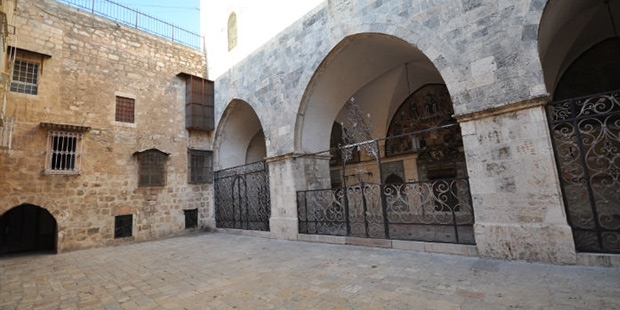 THE ARMENIAN PATRIARCHATE OF JERUSALEM COMPLAINS OF RIGHTS VIOLATIONS WHILE CONTINUING ITS UNDUE POSSESSION
THE ARMENIAN PATRIARCHATE OF JERUSALEM COMPLAINS OF RIGHTS VIOLATIONS WHILE CONTINUING ITS UNDUE POSSESSION
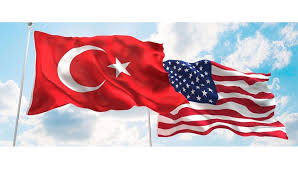 THE CLAIMS AGREEMENT BETWEEN TURKEY AND THE UNITED STATES OF AMERICA SIGNED AT ANKARA, 25 OCTOBER 1934 AND ITS LEGALLY BINDING IMPACT ON COMPENSATION CLAIMS OF US CITIZENS OF ARMENIAN DESCENT
THE CLAIMS AGREEMENT BETWEEN TURKEY AND THE UNITED STATES OF AMERICA SIGNED AT ANKARA, 25 OCTOBER 1934 AND ITS LEGALLY BINDING IMPACT ON COMPENSATION CLAIMS OF US CITIZENS OF ARMENIAN DESCENT
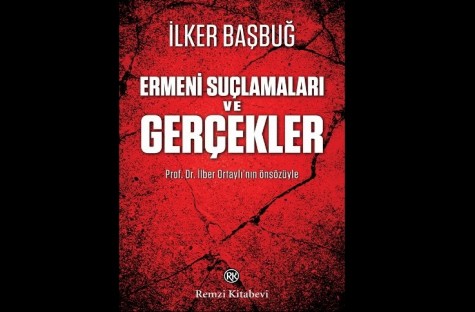 BOOK REVIEW: ARMENIAN ALLEGATIONS AND FACTS (ERMENİ SUÇLAMALARI VE GERÇEKLER)
BOOK REVIEW: ARMENIAN ALLEGATIONS AND FACTS (ERMENİ SUÇLAMALARI VE GERÇEKLER)
THE PERINÇEK CASE
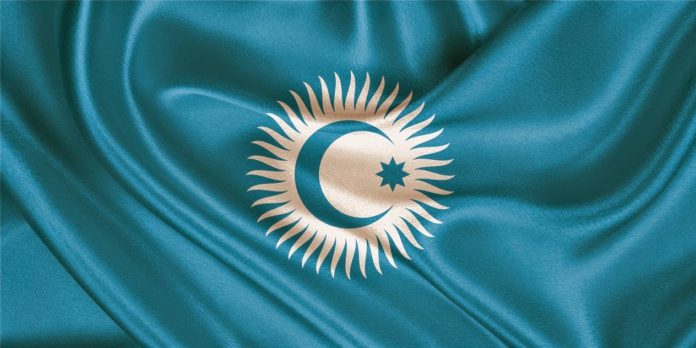 THE FUTURE OF THE TURKIC COUNCIL
THE FUTURE OF THE TURKIC COUNCIL
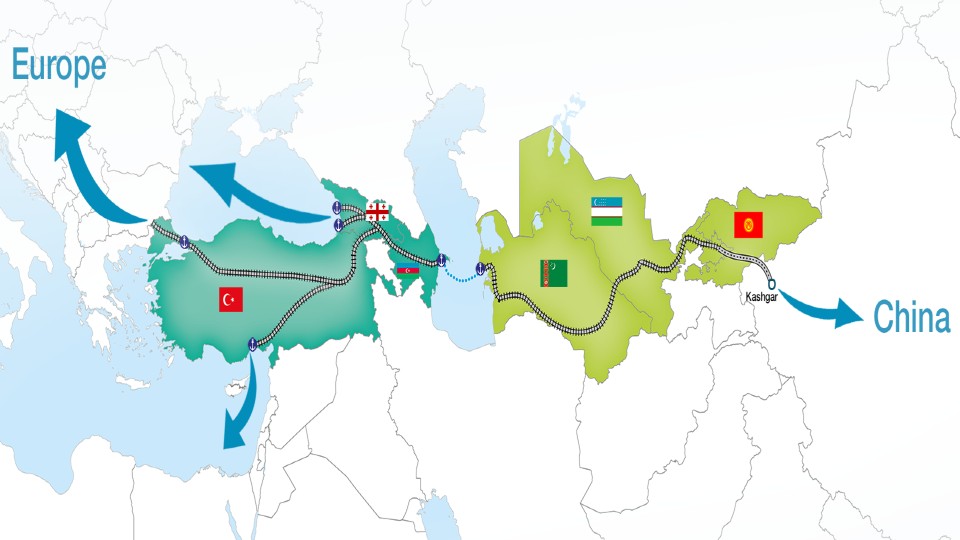 NEW OPPORTUNITIES AND INITIATIVES FOR THE MIDDLE CORRIDOR
NEW OPPORTUNITIES AND INITIATIVES FOR THE MIDDLE CORRIDOR
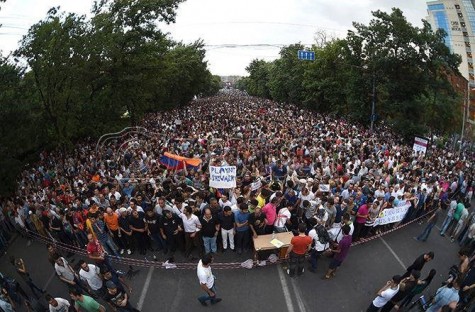 ELECTRICYEREVAN - PROTESTS IN ARMENIA
ELECTRICYEREVAN - PROTESTS IN ARMENIA




























